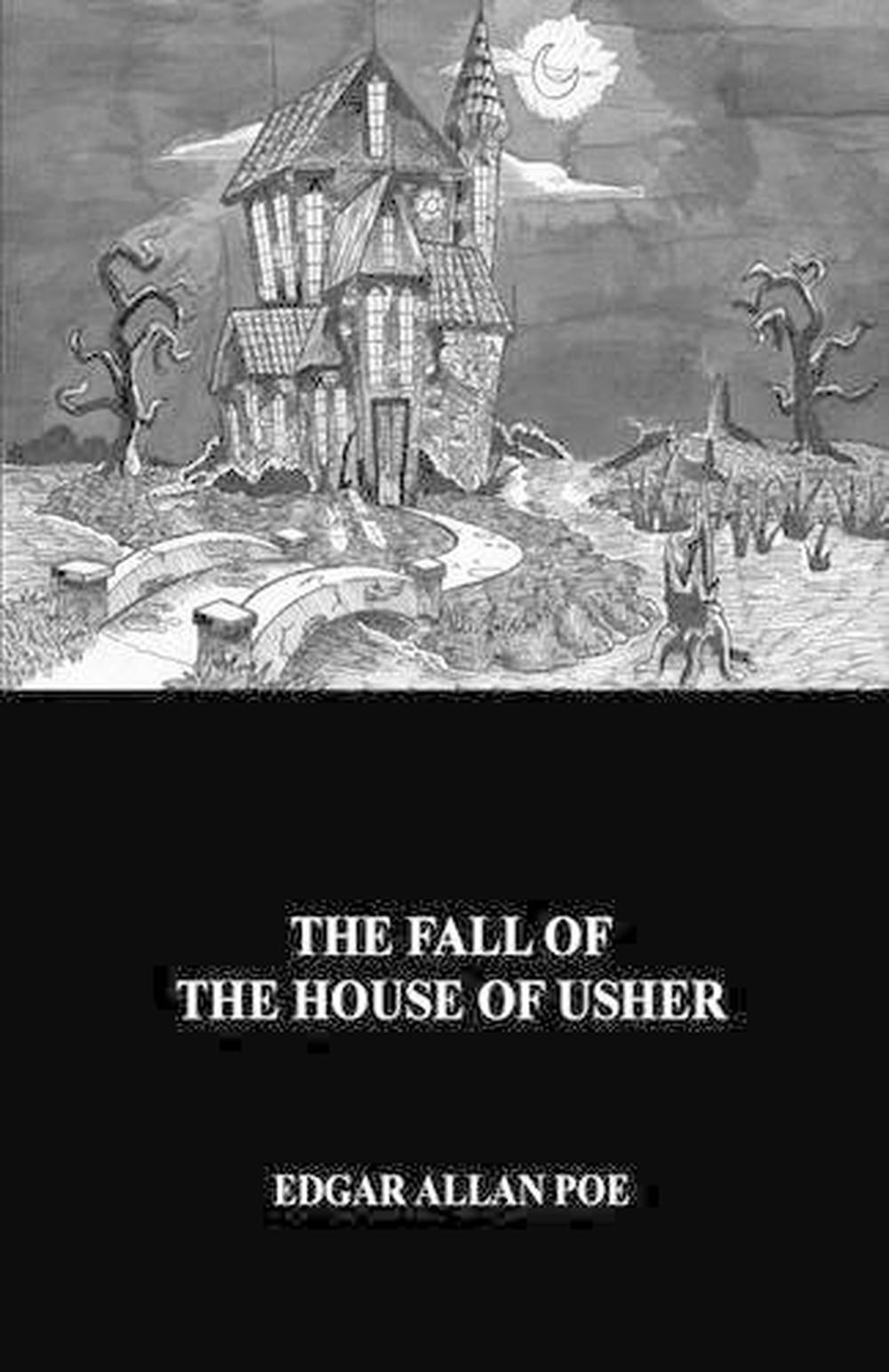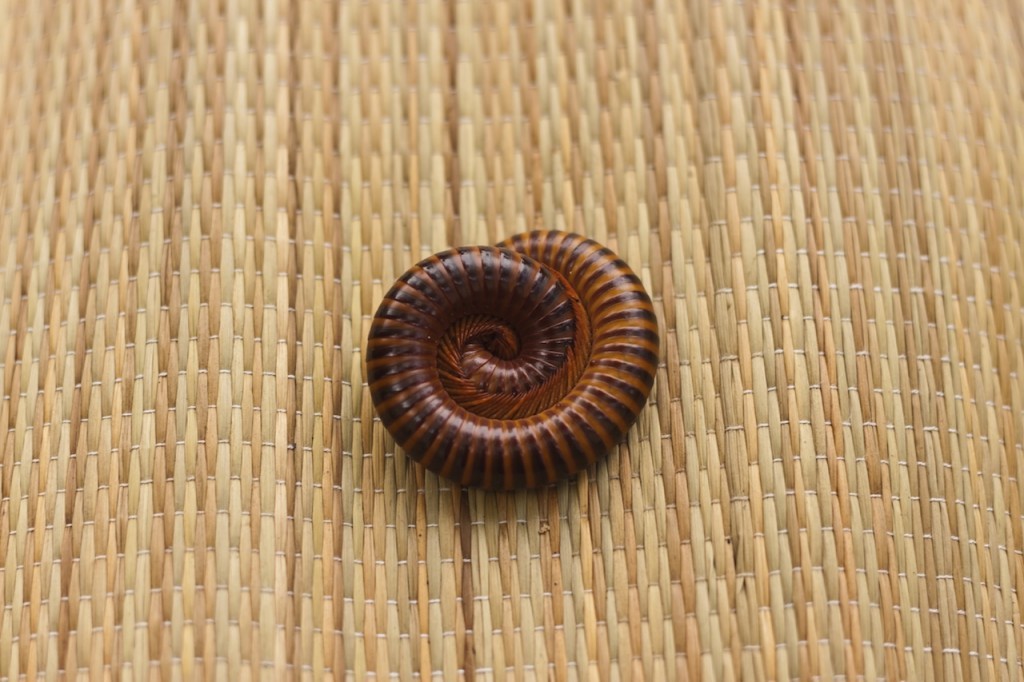Table Of Content

Family evil, and one for whichhe despaired to find a remedy.” Why “evil”? One wonders, until one recallsthat, in the third paragraph of this story, even before Roderick has been seenfor the first time, the narrator mentions that the ancient “stem” of the Usherfamily never “put forth . The entire family layin the direct line of descent, and had always . So lain.” In other words,Roderick and Madeline Usher are the products and inheritors of an incestuousfamily lineage—one that has remained predominantly patrilineal, so that thename of the family always remained Usher.
Physical
Madeline, the sister of Roderick, is taken with a mysterious illness that cannot be cured by the doctors. She is perhaps suffering from catalepsy in which one loses the control of his/her limbs. To cheer up his friend, the narrator spends several days with him. He also reads stories to him; however, he is able to lift the spirit of Roderick.

Roderick Usher
She appears near the narrator, but never acknowledges his presence. The narrator and Roderick place her in a tomb despite her flushed, lively appearance. In the tale's conclusion, Madeline escapes from the tomb and returns to Roderick, scaring him to death. Like Madeline, Roderick is connected to the mansion, the titular House of Usher.
Plot summary

Long considered Edgar Allan Poe‘s masterpiece, “The Fall of the House of Usher” continues to intrigue new generations of readers. These explanations range from the pre-Freudian to the pre–Waste Land and pre-Kafka-cum-nihilist to the biographical and the cultural. Indeed, despite Poe’s distaste for Allegory, some critics view the house as a Metaphor for the human psyche (Strandberg 705). Whatever conclusion a reader reaches, none finds the story an easy one to forget.
'The Fall Of The House Of Usher' Ending Explained & Series Summary: What Happens To Roderick & Madeline? - DMT
'The Fall Of The House Of Usher' Ending Explained & Series Summary: What Happens To Roderick & Madeline?.
Posted: Thu, 12 Oct 2023 07:00:00 GMT [source]
Poe's Short Stories
The narrator, while entering the House of Usher, sees a small crack in the house, this crack not only refers to the crack in the house, but also the crack in the Usher family. There is a symbolic connection between the literal fissure and the metaphorical fissure. This small fissure shows disruption in the family, specifically between Roderick and Usher. All of the falls in the novel, the fall of Roderick, the fall of the bloodline of the Usher Family, and the fall of the house, occurs at the same time at the end of the story. This coincidence illustrates the fantastical nature of the story. The tone of the story “The Fall of the House of Usher” is deliberate.
Characters
It is a stormy night, and as he leaves he sees the house fall down, collapsing into the lake which reflects the house’s image. Convinced that his family’s blood is tainted by generations of evil, Roderick Usher is hell-bent on destroying his sister Madeline’s wedding to prevent the cursed Usher bloodline from extending any further. When her fiancé, Philip Winthrop, arrives at the crumbling family estate to claim his bride, Roderick goes to ruthless lengths to keep them apart. He considers himself the richest man in the world, as he has what Roderick lost.
Fear
Outside the castle, a storm is raging and inside the castle, there are mysterious rooms where windows suddenly whisk open, blowing out candles; one hears creaking and moaning sounds and sees the living corpse of the Lady Madeline. Here is the genesis of this type of story, created almost one hundred and fifty years ago in plain, no-nonsense America, a new nation not even sixty years old. As the narrator reads of the knight's forcible entry into the dwelling, he and Roderick hear cracking and ripping sounds from somewhere in the house. When the dragon's death cries are described, a real shriek is heard, again within the house. As he relates the shield falling from off the wall, a hollow metallic reverberation can be heard throughout the house. At first, the narrator ignores the noises, but Roderick becomes increasingly hysterical.
Kang In-a: Goodbye Earth character explained
A traveller arrives at Usher mansion to visit his friend Roderick (Kaye Tendeter) and discovers that Roderick and his sister (Gwen Watford) have been inflicted with a strange disease.1950. A traveller arrives at Usher mansion to visit his friend Roderick (Kaye Tendeter) and discovers that Roderick and his sister (Gwen Watford) have been inflicted with a strange disease. When all six of his children die in the span of two weeks, he calls Dupin to an old house to confess his crimes.
Throughout the tale and her varying states of consciousness, Madeline completely ignores the narrator's presence. After Roderick Usher claims that Madeline has died, the narrator helps Usher entomb Madeline in an underground vault despite noticing Madeline's flushed, lifelike appearance. Might we then interpret Roderick as a symbol of the conscious mind – struggling to conceal some dark ‘secret’ and make himself presentable to his friend, the narrator – and Madeline as a symbol of the unconscious? Note how Madeline is barely seen for much of the story, and the second time she appears she is literally buried (repressed?) within the vault. His sister’s illness is only one reason for Roderick’s agitation, one reasonfor his desire to have the “solace” of the narrator’s companionship; it is notthe only—or most significant—reason. Usher himself is suffering from a “mentaldisorder,” which is “a constitutional and .
The poem “Mad Trist” is about breaking into the dwelling of a hermit by Ethelred and mirrors Madeline’s escape from the tomb. Even though he metaphorically employs the word “house,” he also uses it to describe the real house. The people and peasantry also confuse the house with the family as the physical structure effectively portrays the genetic pattern of the family. Edger Allan Poe also creates a claustrophobic sensation in his story.
As he watches, the House of Usher splits in two and the fragments sink away into the lake. When Poe began writing short stories, the short story was not generally regarded as serious literature. Poe’s writing helped elevate the genre from a position of critical neglect to an art form. Today Poe’s short stories are lauded as masterpieces of fiction.
The House of Usher splits apart and collapses, wiping away the last remnants of the ancient family. An unnamed narrator approaches the house of Usher on a “dull, dark, and soundless day.” This house—the estate of his boyhood friend, Roderick Usher—is gloomy and mysterious. The narrator observes that the house seems to have absorbed an evil and diseased atmosphere from the decaying trees and murky ponds around it.
Whatever the narrator is telling is actually happening, and the real happening was even worse than that. It alludes to the poems “Mad Trist” and “The Haunted Palace” by Sir Launcelot Canning. These poems are composed by Poe; however, in the story, he attributed these poems to the other sources. Both of these poems counteract and therefore predict the plotline of the story.

No comments:
Post a Comment